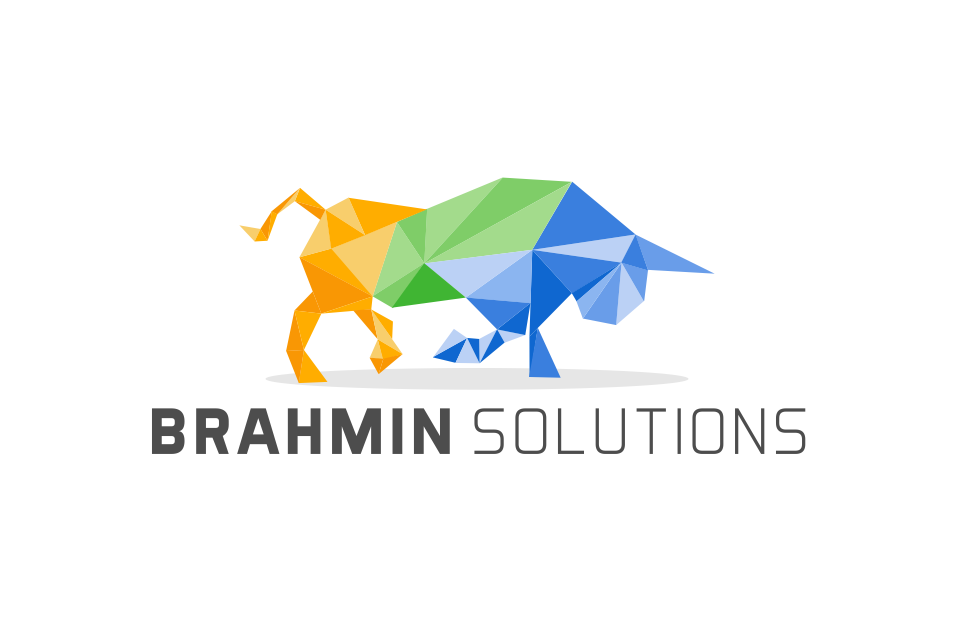
Manufacturing and Inventory Management Software

Consignment is a trust-based business arrangement in which a seller (consignor), gives goods to a retailer or wholesaler (consignee) who pays for the seller after the product sells.
Until the goods are sold, the consignor still owns the products and is responsible for anything that may happen to them while it is in the care of the consignee.
Consignment makes sense for businesses when the seller is in doubt regarding the demand for the product, and the buyer (Wholesalers / Retailers) is very confident about the potential demand. Below are some examples:
Before getting into Consignment agreements both parties must agree to sign a contract to share benefits and responsibilities.
An Agreements should address delivery and pickup of the product, storage conditions of any goods that are not on display, sales, time limit, freight policy, return policy, responsibility for damage or loss while in customer’s possession, insurance implications, data sharing, data exchanges, transactions processes, cycle count adjustments, customer returns.
The key benefit to the retailer is he does not have to tie up his capital by purchasing inventory. He still incurs storing and managing the inventory costs. It also enables retailers to offer a wide variety of products to the consumer improving customer experience with the retailer. However, it is equally true sometimes retailers have apprehension for filling their valuable space with entirely new products instead of best selling products.
Consignment inventory is risky for suppliers because they do not receive payment until retailers sell their inventory. However, Consignment Model allows the supplier to showcase a new product or group of products that he believes will sell; he can get them in front of consumers via established retailers. This eliminates creating product listings on eBay to sell or set up a retail storefront. And of course post sales shipments.
The nature of consignment inventory is that “change of ownership” is unrelated to the shipment/receipt processes. This is different from other regular inventory methods and transactions and requires a different accounting method. Try the Brahmin Solutions to manage your consignment orders.